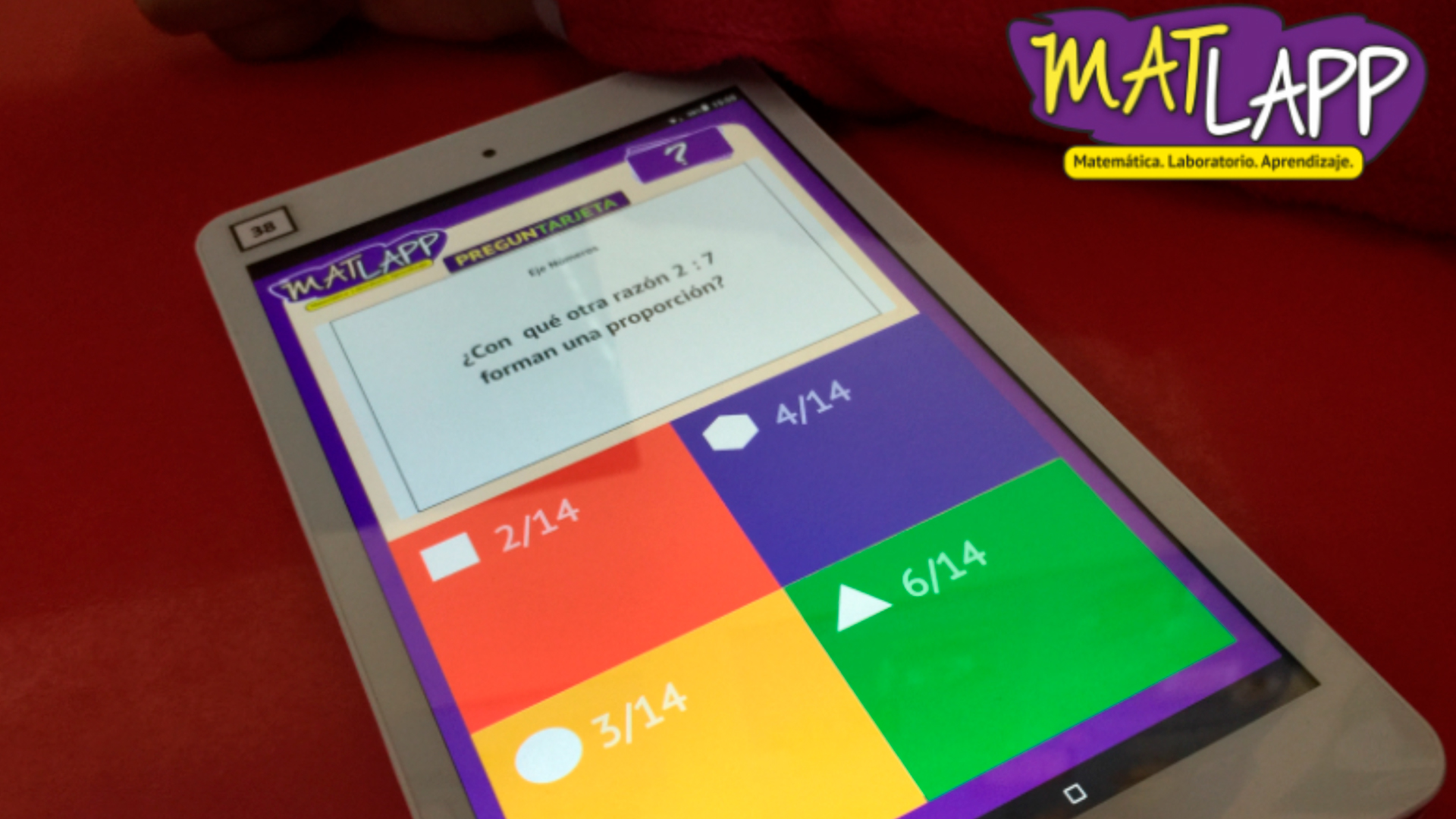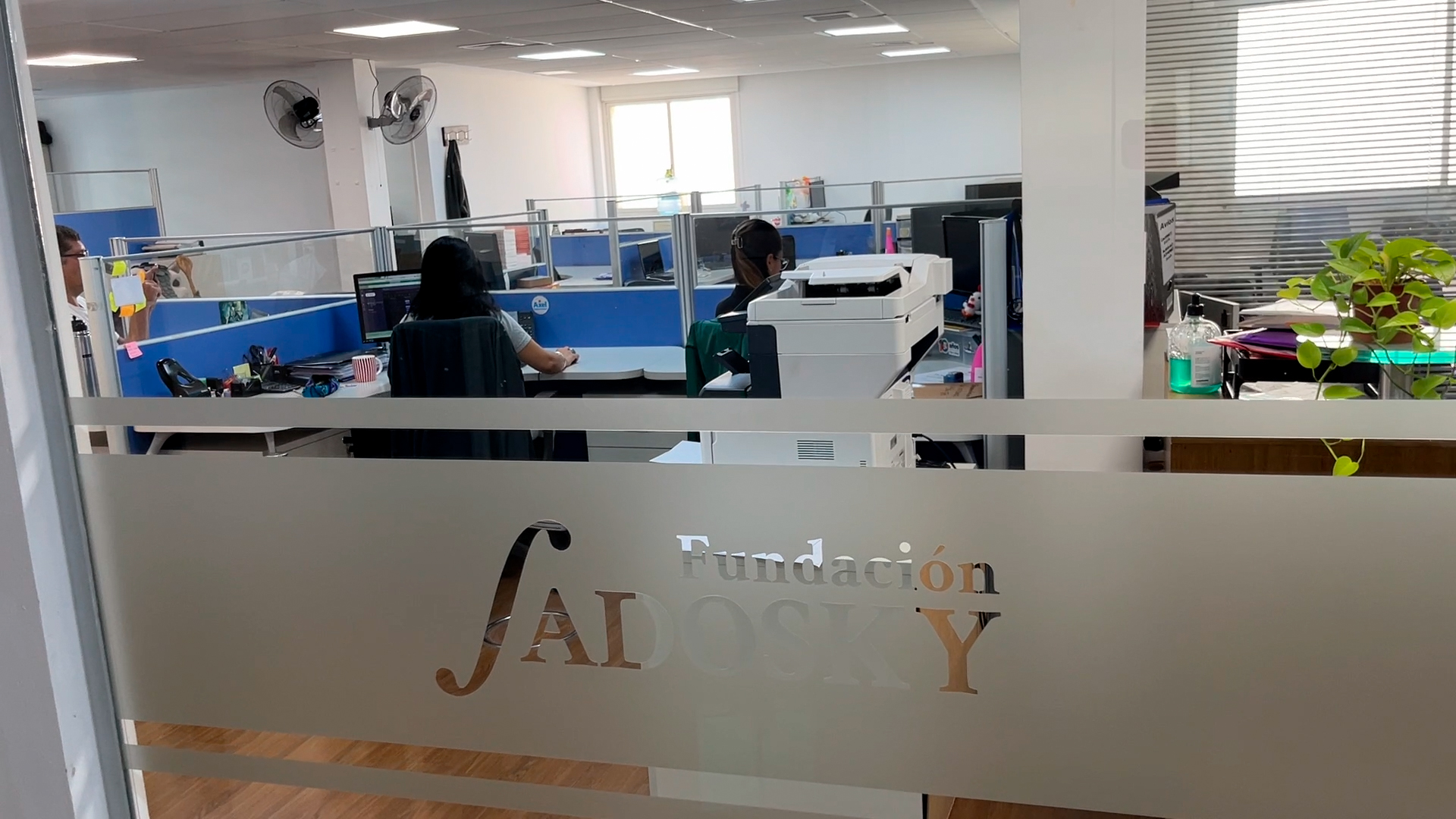Micro:bit Project Books
Micro:bit is a small programmable board designed for students with little or no knowledge about programming, which can be used to learn to program in an easy and fun way.
The use of these boards is encouraged in schools in Uruguay through Plan Ceibal (Basic IT Educative Connectivity for Online Learning), and through a website that has a great number of resources and activities open to the educational community to start the path of programming.
Download the books from here
Ceibal - Official web
Carla Degregorio, micro:bit coordinator, shares some key information to make the most of this material:
There are other channels with activities, tools and projects, such as Ceibal micro:bit website, which has educational resources like worksheets for teachers, a micro:bit book (in three volumes) available for free download, and several proposals and tools put forward by the Micro:bit Foundation. Lastly, the Instagram CeibalSTEAM_Uy from the area of Digital Laboratories disseminates calls, educational activities and publications, among others. For more information, see the Micro:bit Educational Foundation website.




